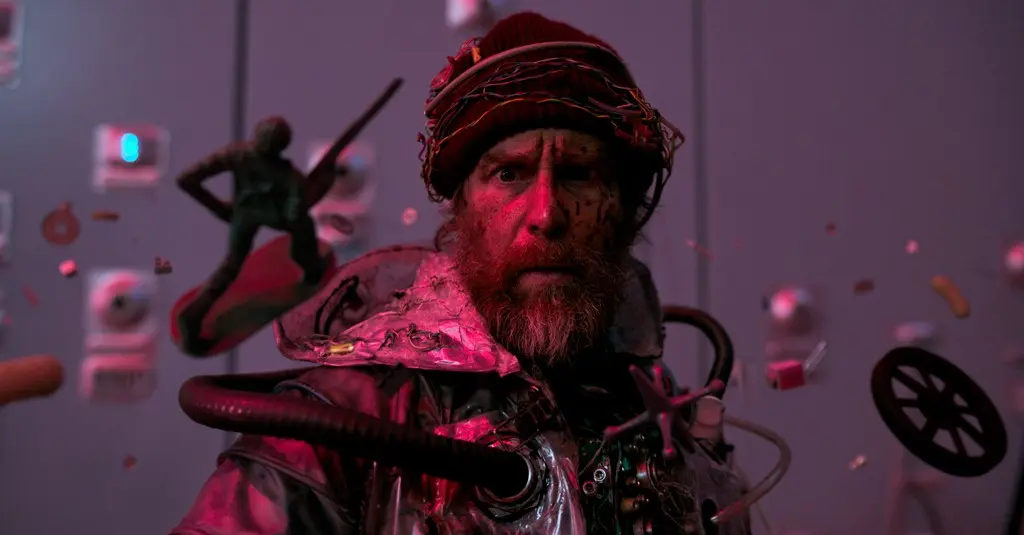A late arrival to the American New Wave period, Lawrence Kasdan nonetheless cemented his stature in that era by co-scripting “The Empire Strikes Back” and being the solo screenwriter on “Raiders of the Lost Ark,” both produced by George Lucas. So impressed and confident was Lucas with Kasdan’s skills, he vouched for him to Warner Bros. and guaranteed any funding due to budget overages for Kasdan’s directorial debut “Body Heat.”
Rewind, Review, and Re-Rate: ‘Body Heat’: First Time Director Lawrence Kasdan’s Smoldering Noir Thriller

Kathleen Turner as Matty Walker and William Hurt as Ned Racine in "Body Heat." Warner Bros.
|Updated:





